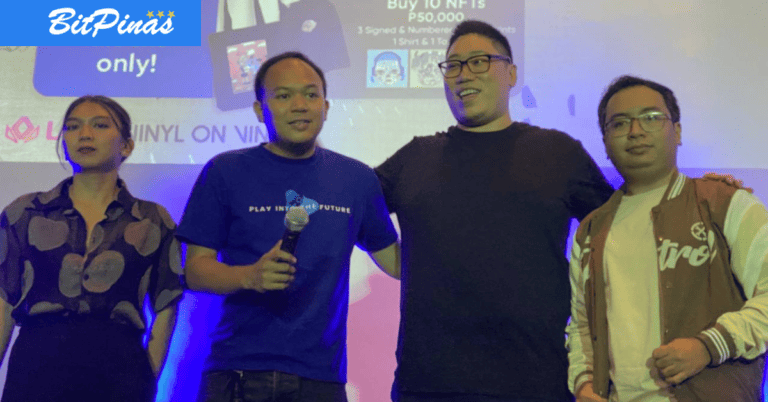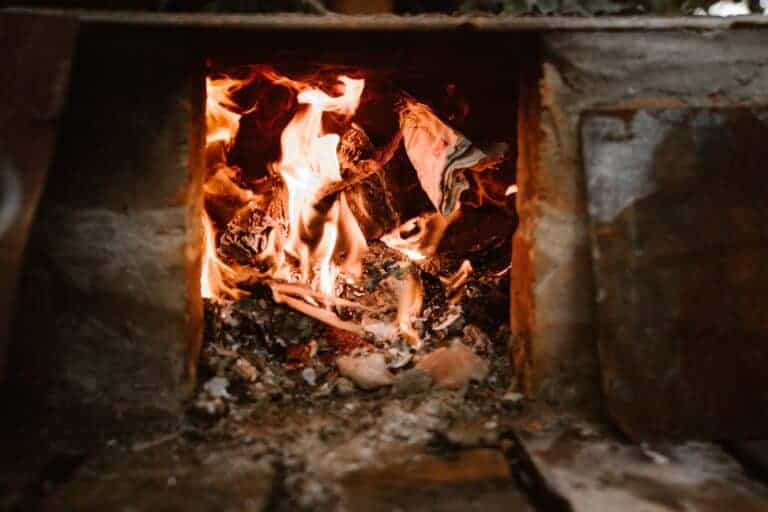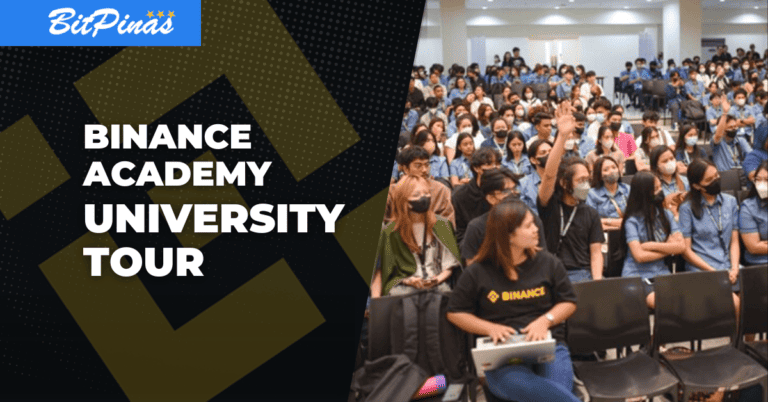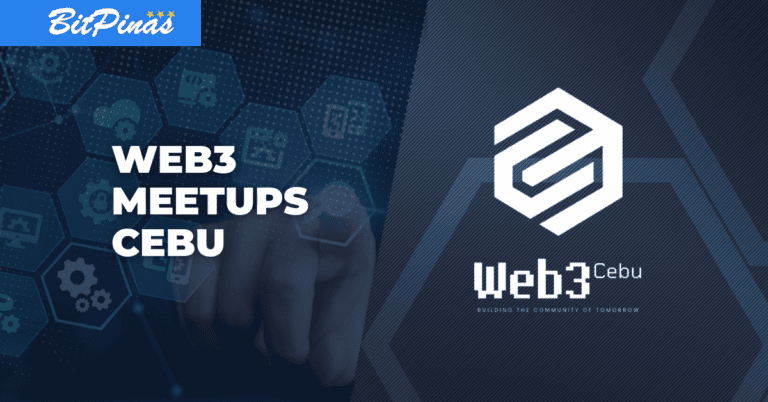Twelve-year-old Filipino Develops NFT-based Voting Platform
After the submission, blockchain nodes will verify the validity of each vote and add it to the blockchain.
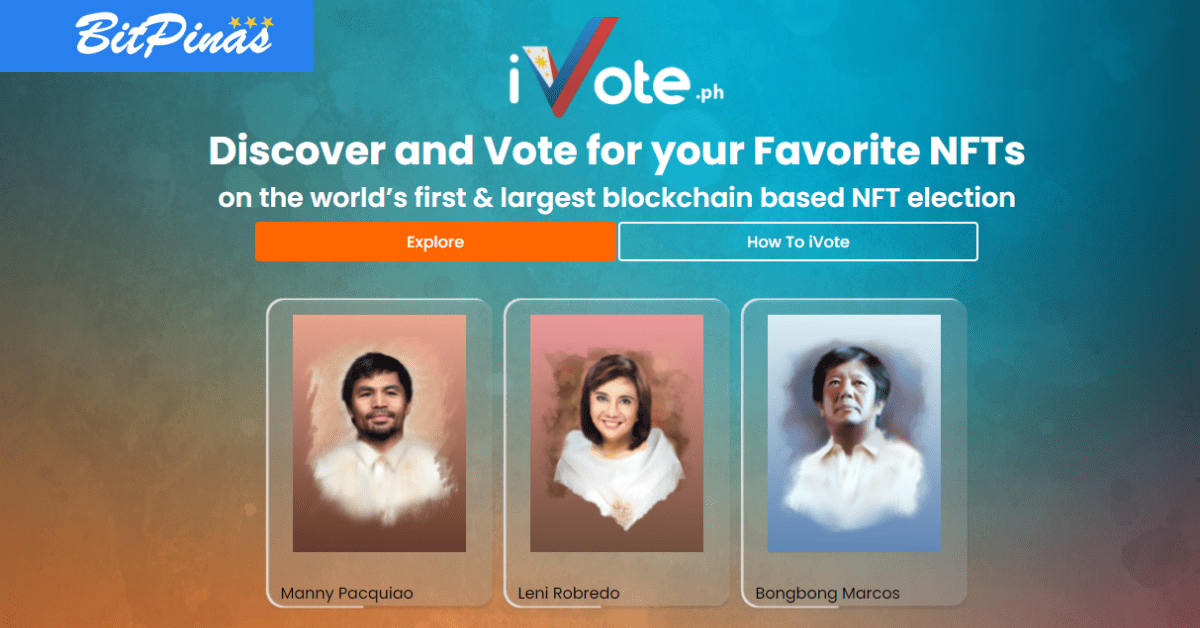
By Shiela Bertillo
With the growing influence and use of blockchain as well as the Philippine election drawing near, another innovation emerged.
Twelve-year-old Rien Lewis Pecson, a techy eight grader, collaborated with Neil Fernandez Jr., an artist and graphic designer, to make the world’s first ever blockchain-based non-fungible token (NFT) voting platform blockchain called iVote.ph. The project aims to assess the country’s political climate using blockchain technology which makes it difficult for trolls and media manipulation to artificially dictate the poll winner.
The software of the platform is developed by Pecson, while Fernanadez created the NFT art of the candidates.
iVote.ph, powered by the Cloudchain blockchain, allows the people to cast their votes with their digital identity secured and verified by blockchain technology and NFT.Made to hopefully avoid skepticism about surveys, the poll results, being on the blockchain, are real-time, transparent, and cannot be altered.
To cast votes:
- Sign up on iVote.ph with mobile number
- Voters will be given free unique and newly minted voting tokens
- Use the tokens to cast votes on an NFT art
- Submits selections
After the submission, blockchain nodes will verify the validity of each vote and add it to the blockchain.
However, according to Manila Bulletin’s report, the platform will not be limited to political polls as it is designed to be a voting platform of sorts, such as sports, entertainment, art, and other areas or industries.
iVote.ph’s concept means to bring together blockchain technology and democracy, allowing people to convey their opinions and vote directly on trending current events and issues.
“I wanted to create something that will give people a better way to vote about things they care for, something unbiased and nonpartisan, where anyone can easily use it, without technical or blockchain knowledge. Even easy enough for my grandmother,” Pecson told Manila Bulletin.
Further, the developers aim to deploy a “Citizen Verification System” (CVS) within the platform by next year. CVS will add a registration process with valid identification requirements, as well as voter credentials or certifications.
Pecson and Fernandez firmly believe that blockchain voting would increase trust in election systems.
This article is published on BitPinas: Twelve-year-old Filipino Develops NFT-based Voting Platform

